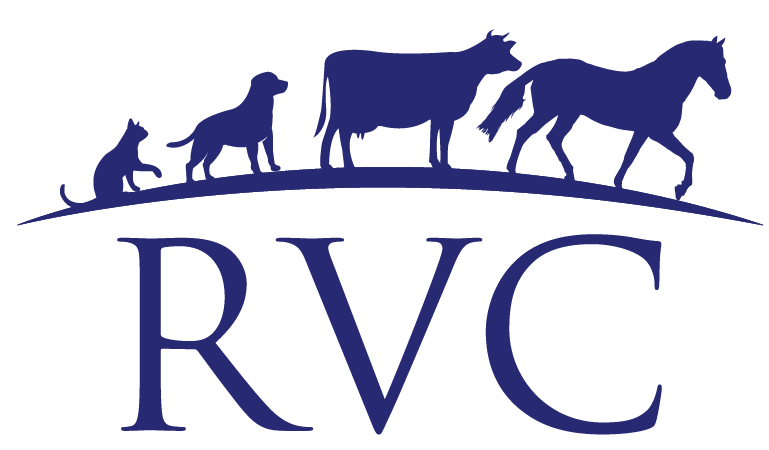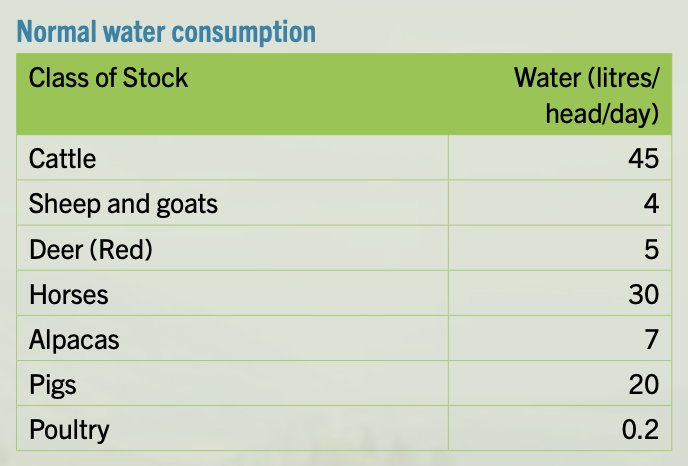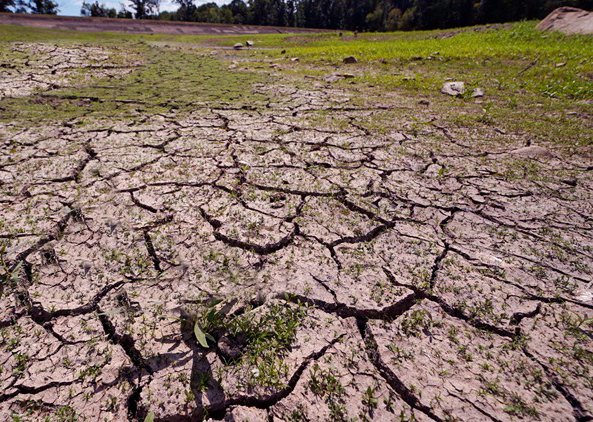Prepare your lifestyle or small block for a hot, dry summer.
El Niño weather patterns this year may cause unusually low rainfall for a long time, and the prolonged dry spells may cause a drought, heat stress in animals and an increased risk of wildfires.
You can prepare by making a dry-weather plan for your animals. Remember you are responsible for their welfare under the Animal Welfare Act.
Pre-Summer Checklist
Check water supply and quality
Provide shade for animals
Shear animals
Make a feed plan
Buy extra feed if needed
Consider animal numbers
Create a fire evacuation plan
Water
Animals must have access to enough clean water daily. In hot and dry conditions your animals might drink three times more water than usual, especially if they are eating dry feed like hay or pellets. They also need more water if they are working, pregnant or lactating.
Having a reticulated water supply offers the most control over providing water to your animals. Plan for an alternative water supply if you start to run low, or if the water for your animals becomes contaminated.
Low dams or ponds may become surrounded by mud or sludge. Fence off the muddy areas to prevent animals from getting into waterways.
Monitor water supply
During extreme dry conditions the ground can harden and damage water systems, leading to leaks and water wastage.
Watch for signs of problems with the stock water set up, such as animals congregating around a trough, or wet spots on dry ground. Green patches of grass growing in a brown paddock could be a sign of a leaking water pipe.
Check water quality
Dry and drought conditions can affect water quality. When water levels are low, water temperatures rise, and flow reduces, creating an ideal environment for bacteria and algae to grow. Coastal areas have the added risk of saltwater contaminating groundwater.
Animals don’t like the taste of contaminated water, so it increases the risk of dehydration, toxicity, and illness. Test water quality through your local council.
Keeping animals cool
Ensure animals have access to shade. If your property does not have natural shade (like trees), create shade using buildings or shade sails. In addition, for animals with light or bare skin, consider using summer covers or animal-specific sunblock. Ask your veterinarian for recommendations.
Shearing
Plan to shear your animals before the summer heat to keep them naturally cooler.
Feed
Reduced rainfall can cause issues with pasture cover, feed supply and the body condition of your animals. The amount of feed your animals require depends on factors like growth, pregnancy, lactation and weather conditions.
During dry times and drought, pasture quality is often poor and limited. You may need to bring in supplementary feed or relocate your animals. Always prioritise animal welfare when making these decisions.
Make a feed plan
Ensure your animals have enough feed in the coming months by creating a feed plan early to avoid potential shortages. You can find feed budget templates and resources online:
• Beef+LambNewZealand: beeflambnz.com/knowledge-hub/feed-budgeting
• DairyNZ: dairynz.co.nz/feed
Consult your local veterinarian
Your local veterinarian can provide essential information for planning – especially pregnancy scanning and body condition scoring.
They can offer nutritional advice, guidance on animal health and welfare, and assistance with humane culling if necessary.
Buy extra feed
Order supplementary feed like hay or grain as soon as your feed plan indicates the need. Introduce supplementary feeds gradually to prevent digestive issues. Seek advice from your veterinarian or feed supplier for the best options.
Consider sourcing feed through online communities for farmers/ lifestyle block owners e.g. web forums or social media.
Consider animal numbers
The number of animals you have on your property needs to be low enough that there is enough pasture to feed them (i.e. appropriate stocking rate). Overstocking (having too many animals) means animals might not get enough food which can lead to welfare problems. Consult a rural professional or your veterinarian to calculate your stocking rate.
Selling excess stock is often more economical than buying feed. During periods of drought, processing plant wait times may be longer, so early bookings are crucial.
Regular monitoring and pasture management
Monitor your animals’ condition through body condition scoring and assess pasture levels and quality. Act promptly to secure more feed or reduce animal numbers if weight loss occurs.
If sharing water sources or grazing areas, use biosecurity measures and separate stock where possible.
Minimise stress
Dry conditions put animals under stress, which makes them more likely to get sick and loose body condition. Effective parasite management is vital during dry periods as animals have reduced natural resilience. Avoid adding extra stress by minimising mustering, yarding and transport, especially during the hottest parts of the day.
For more animal transport info; DOWNLOAD this handy pamphlet.
Wildfire risk
Dry and windy conditions can contribute to increased wildfire risk. Create an evacuation plan in case of a wildfire impacting your property. Use low flammability plants near buildings and for shade, clear flammable plants (particularly grass fuels) away from buildings and other infrastructure and maintain fire breaks. If you keep water reserves for firefighting, ensure these are topped-up.
On high-risk fire days, remove any flammable gear from animals, such as rugs, harnesses, halters and fly veils, and anything that contains metal (in the case of horses). Most rugs are a polyester/cotton blend, if they catch fire they’ll melt onto the animal’s skin.
Support and Assistance
If you encounter problems with your animals during a drought, you can:
• Contact your veterinarian or a rural professional for advice.
• Seek advice or collaborate with neighbours, or join the lifestyle block community
through community groups or online forums on lifestyleblock.co.nz
• Contact the Ministry for Primary Industries for animal welfare support
or assistance on 0800 008 333




